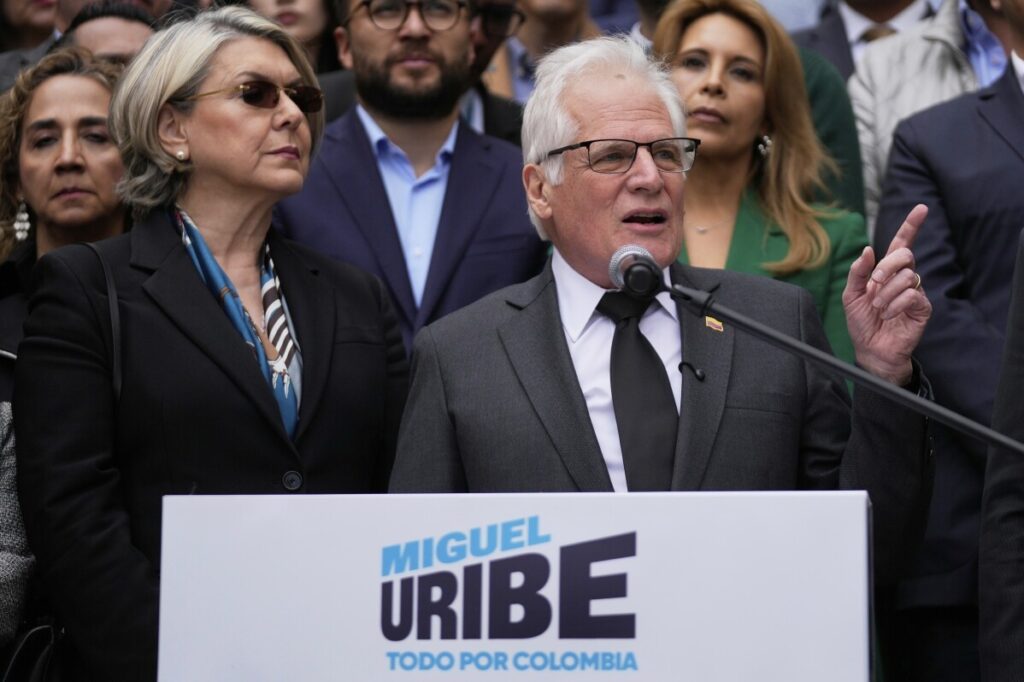Colombian Teen’s Attack on Presidential Hopeful Exposes Dangerous Political Violence
The fatal attack on a Colombian presidential candidate by a teenager highlights the resurgence of violent tactics that threaten democracy and stability, raising urgent questions about political security and justice.

The assassination attempt against Miguel Uribe Turbay, a prominent Colombian senator and presidential hopeful, has ended tragically with his death after months in intensive care. The sentencing of the 15-year-old assailant to seven years in a youth detention center marks only the beginning of serious questions about Colombia’s political violence and law enforcement accountability.
Has Colombia Learned Nothing from Its Past?
This brazen attack—carried out in broad daylight during a public campaign rally—evokes memories of the darkest era in Colombia’s history when drug cartels like Pablo Escobar’s used terror to manipulate politics and intimidate citizens. How long will Colombian authorities allow these violent undercurrents to flourish unchecked? Despite arresting the shooter and several suspects, authorities have yet to identify who orchestrated this politically motivated assault or their motive. This glaring gap suggests either incompetence or deeper infiltration within state institutions.
Such political violence undermines democratic principles crucial not only to Colombia but also to American interests in regional stability. A chaotic Colombia destabilizes the hemisphere, contributing indirectly to cross-border issues like drug trafficking and migration—concerns Washington cannot ignore. The failure to swiftly bring all perpetrators and masterminds to justice signals a weakness that emboldens anti-democratic forces throughout Latin America.
What Does This Mean for Democratic Sovereignty?
Miguel Uribe Turbay stood as a fierce critic of Colombia’s current leftist administration, which many perceive as drifting toward policies that jeopardize economic liberty and national sovereignty. His killing silences a voice advocating for safer communities and prosperity built on lawfulness rather than socialist experiments. Meanwhile, his father’s entry into the presidential race symbolizes more than personal grief; it represents a call for restoring order through strong leadership committed to protecting citizens’ rights against violence and disorder.
For Americans watching these developments, this episode is a stark reminder: defending freedom abroad safeguards security at home. When democratic candidates are targeted with impunity, it threatens the regional balance that America’s foreign policy has long sought to protect under an “America First” framework emphasizing stable allies with respect for individual liberty.
Failure by Colombian institutions invites dangerous precedents whereby political opposition is met with bullets instead of ballots—a scenario America must oppose through vigilant diplomacy that supports sovereignty, rule of law, and secure borders alike.
